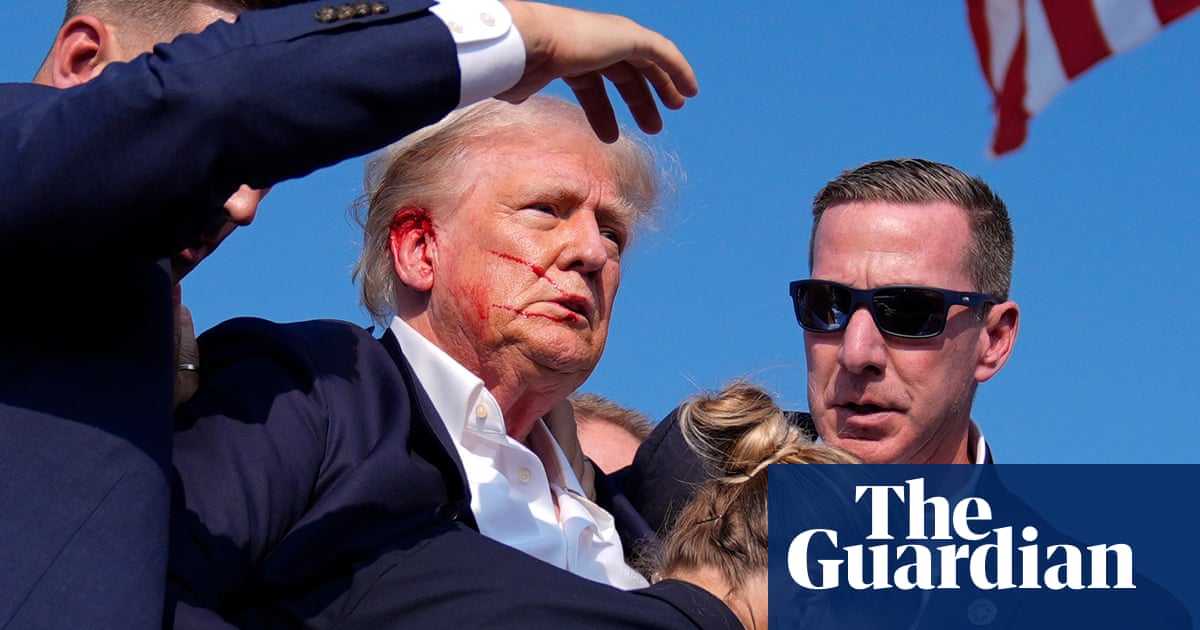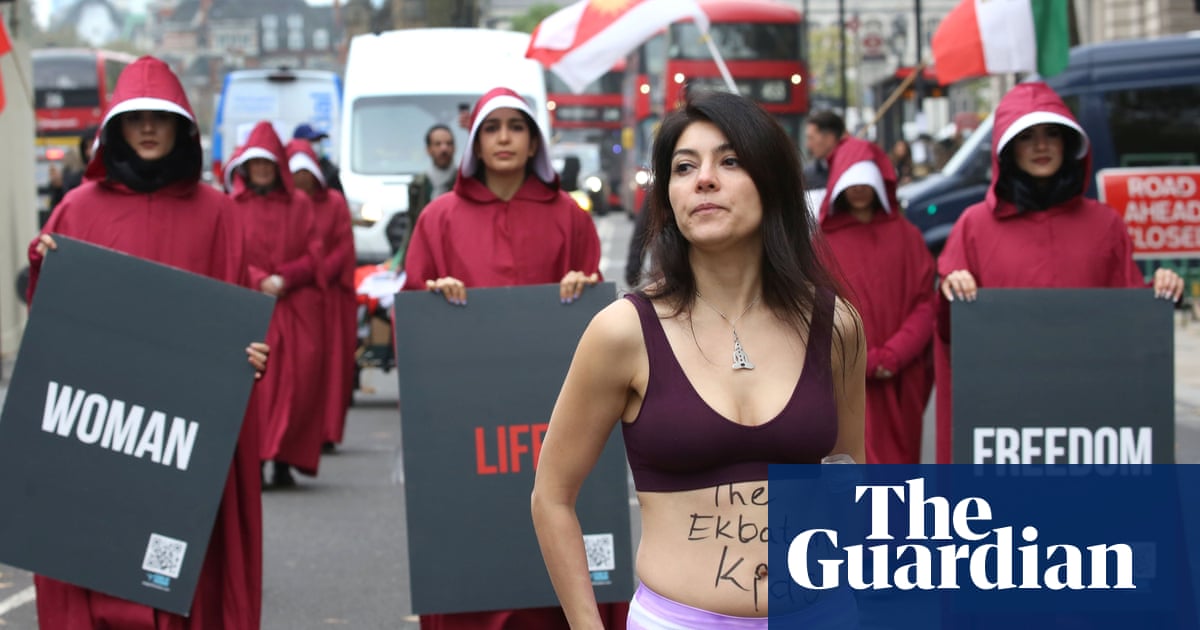A shooting at a Donald Trump rally in Butler, Pennsylvania, on Saturday comes at a time of heightened support for political violence in the US, including against Trump.
It is still unclear who fired the gunshots at Trump’s rally or what political beliefs they hold. Trump is safe, according to the Secret Service, but at least one rally attendee and the suspected shooter were killed, according to reports.
But the moment is sure to intensify an already fraught election year, in which elected officials have faced an increasing number of threats and fear of violence.
A survey conducted in late June from the University of Chicago found that there is now more support for violence against Trump (10% of American adults, or 26 million people) compared with violence in favor of Trump (6.9%, or 18 million people). Until January, the survey showed there was more support for violence in favor of Trump.
And of the 26 million American adults who support violence to prevent Trump from regaining the presidency, more than 30% own guns and almost 80% have access to internet organizational tools.
“There are more violent anti-Trump sentiments than pro-Trump sentiments,” Bob Pape, a professor at the University of Chicago who directs the Chicago Project on Security and Threats, had said in an interview before the incident on Saturday night.
“So we have to be prepared for violence coming from the left in opposition to Trump’s rule.”
The rise in support for political violence in the US comes at a time of extreme partisanship, rampant misinformation on social media, and violent rhetoric from Trump and his allies. Those factors came together on 6 January 2021 when thousands of people stormed the US Capitol.
According to the survey, which was first shared with the Guardian as part of a series on political violence and attitudes towards democracy, the underlying causes of support for violence on both sides of the aisle both stem from distrust of the establishment and beliefs in conspiracy theories.
On both sides, those that support violence are predominantly urban Americans.
The survey also found that 58.6% of American adults agree that in today’s America, elections will not solve the country’s most fundamental political and social problems.
“The shooting of Trump is a consequence of such significant support for political violence in our country,” Pape said. “We also need to worry about [the] threat in retribution to President Biden.”
“It is crucial that political leaders from both parties and at all levels of government … the president, Senate, House, governors and mayors immediately condemn political violence from whichever side of politics it arises,” he added.
The immediate reaction from politicians has been largely consistent. In a statement shortly after the shooting, Joe Biden said: “There’s no place for this kind of violence in America. We must unite as one nation to condemn it.”
Barack Obama also issued a statement, saying: “There is absolutely no place for political violence in our democracy.”
“Although we don’t yet know exactly what happened, we should all be relieved that former President Trump wasn’t seriously hurt, and use this moment to recommit ourselves to civility and respect in our politics,” Obama said.
But political violence in the US in recent years has taken many forms, including the 6 January insurrection, violent threats and harassment of election officials, and swatting attempts targeted at elected officials.
In October 2020, a month before the last presidential election, the Michigan governor, Gretchen Whitmer, was the target of a kidnapping plot. And a week after the election, an executive at Dominion Voting Systems was forced into hiding because those that believed the election was stolen shared his home address and a million-dollar bounty.
It’s also easier than ever for those that hold extreme political beliefs to organize on the internet. Most political violence in the US is committed by people who do not belong to any formal organization, according to the National Consortium for the Study of Terrorism and Responses to Terrorism.
The shooting at Trump’s rally occurred two days before the start of the Republican national convention, when Trump is scheduled to become the party’s formal nominee. The convention has law enforcement on heightened awareness after an assessment by the FBI, Secret Service, the Milwaukee police department and the Southeastern Wisconsin Threat Analysis Center.
According to CBS News, the assessment found that there is concern the convention could be a target for foreign terrorist organizations, homegrown violent extremists, domestic violent extremist groups, so-called lone-wolf bad actors and active shooters, a law enforcement source said.
“We shouldn’t be at a level of political discourse in this country where this is going on,” Joseph, a rally attendee who was an eyewitness to the incident said on CNN Saturday.
“We have a lot of political violence in this country,” he said. “It just needs to stop.”



